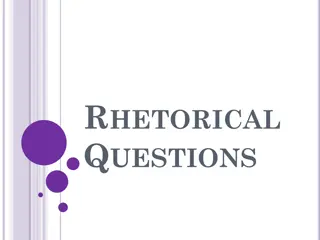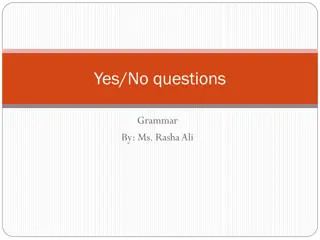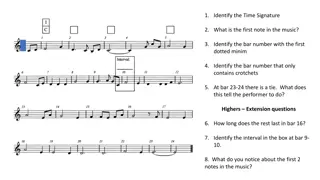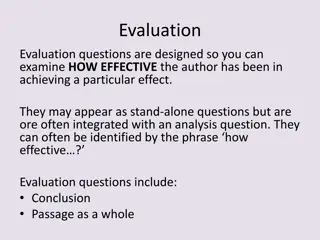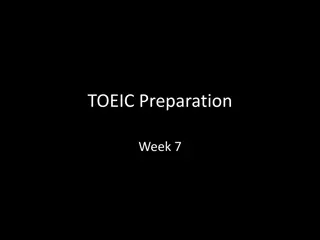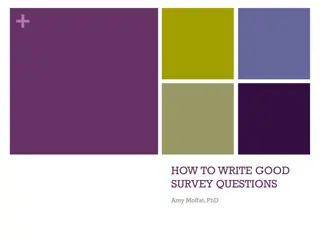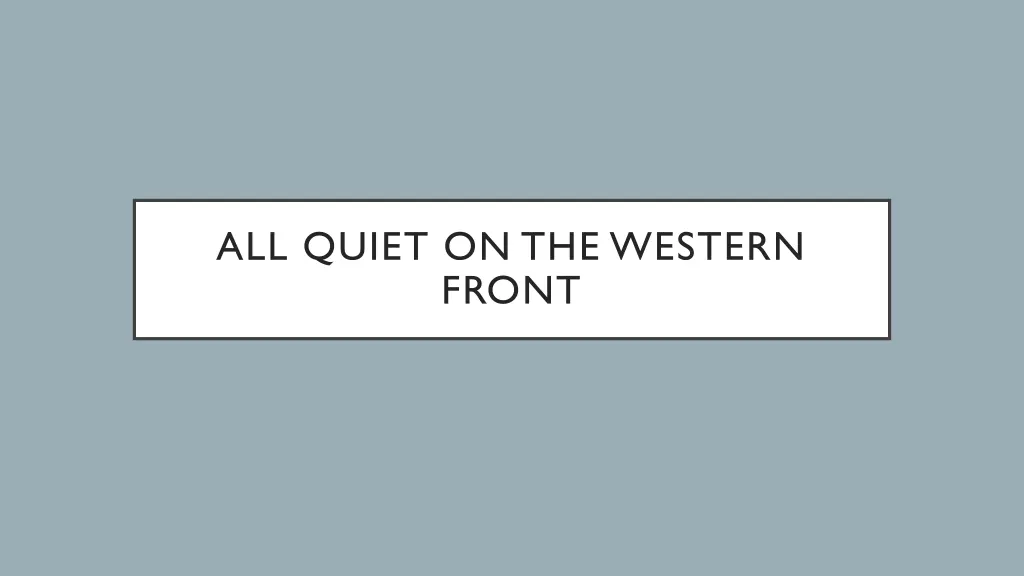
Life in the Trenches During World War I
Discover the harsh realities faced by soldiers in the trenches of World War I, including disease, food scarcity, and the use of mustard gas. Learn about the mental health implications such as PTSD and the potential problems of nationalism. Sources provided for further reading.
Download Presentation

Please find below an Image/Link to download the presentation.
The content on the website is provided AS IS for your information and personal use only. It may not be sold, licensed, or shared on other websites without obtaining consent from the author. If you encounter any issues during the download, it is possible that the publisher has removed the file from their server.
You are allowed to download the files provided on this website for personal or commercial use, subject to the condition that they are used lawfully. All files are the property of their respective owners.
The content on the website is provided AS IS for your information and personal use only. It may not be sold, licensed, or shared on other websites without obtaining consent from the author.
E N D
Presentation Transcript
ALL QUIET ON THE WESTERN FRONT
#4 WHAT WAS LIFE LIKE FOR THE SOLDIERS IN THE TRENCHES? During World War I, there were an estimated 2,490 km of trenches throughout western Europe. Most trenches were about 3 meters deep and between 1 and 2 meters wide. Life in the trenches was extremely hard, as well as dangerous. Most soldiers spent between a day and 2 weeks in a trench on the front line before being relieved. Disease like trench foot where rampant in trenches Solders had hardly any food to survive, and had to depend solely on rations Gasses like mustard gas, where constantly being used in trenches
#5 WHAT IS PTSD? PTSD is a mental health condition that s triggered by a traumatic event Symptoms may include flashbacks, nightmares, anxiety, and uncontrollable thoughts about the event. Solders in the trenches suffered horrifically from PTSD People may develop a feeling of helplessness, while also feeling void of emotions Most solders could not cope with the illness and may have commit suicide during or after the war
#6 WHY IS NATIONALISM A POTENTIAL PROBLEM? People rose to defend the countries they loved Minor Nations rising against the empires Colonialism and the need to expand one's empire People who fought felt like they earned something National pride
SOURCES #4 https://www.history.com/news/life-in-the-trenches-of-world-war-i #5 https://www.mayoclinic.org/diseases-conditions/post-traumatic-stress- disorder/symptoms-causes/syc-20355967 #6



